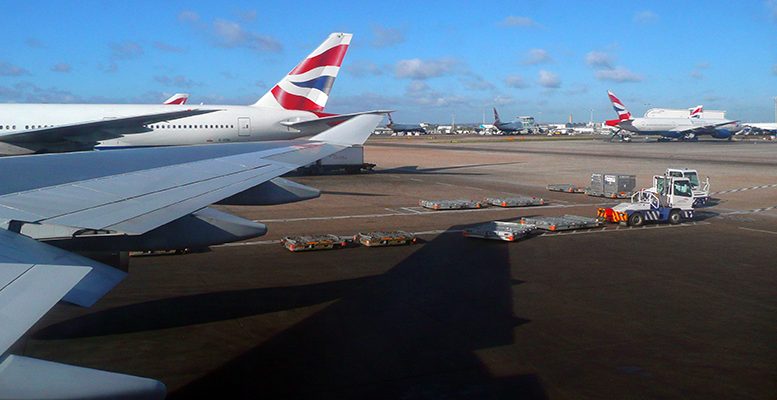The British Supreme Court has overturned a court ruling that forced the construction of a third runway at London’s Heathrow airport to be stopped. It is Britain’s biggest airport and currently controlled by the Spanish group Ferrovial. The judicial decision considers the work is not illegal and, from now on, Ferrovial may request permission to undertake the project. In February, the London Court of Appeal ruled in favor of environmental activists against the expansion of the airport.
Activist groups, including the Labour Mayor of London, Sadiq Khan, opposed the project, which was initially approved in 2018, claiming that it would increase pollution and noise nuisance. However, this decision comes after the airport itself, which due to the pandemic lost its position as the most frequented hub in Europe, decided to delay at least two years the construction of its third runway.
Ferrovial holds 25% of the company that manages Heathrow. Qatar (20%), the CPPQ funds of Canada (12.6%) and GIC of Singapore (11.2%) are the other main partners. Some sources suggest they could now take their time before relaunching the project. That said, the possibility of expanding the asset is still its true value, regardless of the timing.
However, the construction of Heathrow’s third runway still raises several questions. Bankinter analysts point out two: Will it be necessary after Brexit? Heathrow is an airport with international connections that links Europe with Asia and the United States. Its demand could be reduced after the UK exits the EU because of increased border controls; would the British government approve it? The expansion of the airport has met with strong opposition from environmental groups and Heathrow’s neighbours for years.
Since February, the aviation sector has been hit by its worst ever downturn, meaning Heathrow now has plenty of spare capacity. However, the airport said another runway was still vital for the future.





